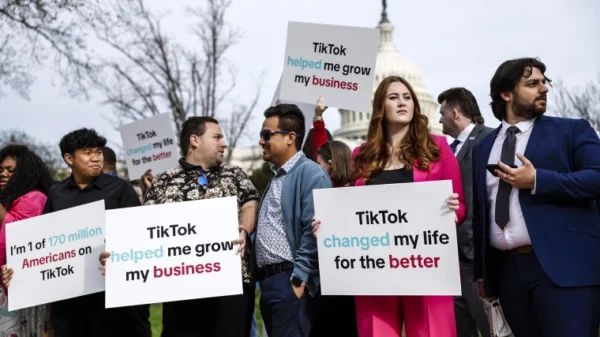In today’s fast-paced and ever-evolving world, traditional industries are being disrupted by innovative entrepreneurs who are challenging the status quo. These disruptors are revolutionizing the way we think, work, and interact with various sectors, from transportation and hospitality to finance and healthcare. This blog post explores the concept of entrepreneurial disruption and how it is reshaping traditional industries.
What is Entrepreneurial Disruption?
Entrepreneurial disruption refers to the process of introducing new ideas, technologies, and business models that fundamentally change the way industries operate. It involves identifying inefficiencies or gaps in existing markets and creating innovative solutions to address them. Disruptors challenge established norms and often create entirely new markets, forcing traditional industry players to adapt or risk becoming obsolete.
Examples of Entrepreneurial Disruption
One of the most well-known examples of entrepreneurial disruption is Uber. By leveraging smartphone technology and a peer-to-peer model, Uber disrupted the traditional taxi industry. It provided a convenient and cost-effective alternative to traditional taxis, revolutionizing the way people commute. This disruption not only impacted the transportation industry but also sparked regulatory debates and discussions worldwide.
Another example is Airbnb, which disrupted the hospitality industry. By allowing individuals to rent out their spare rooms or entire properties, Airbnb created a platform that challenged the dominance of traditional hotels. The company provided travelers with unique and affordable accommodation options while empowering homeowners to monetize their properties. This disruption changed the way people travel and disrupted the traditional hotel industry’s business model.
The Benefits of Entrepreneurial Disruption
Entrepreneurial disruption brings several benefits to both consumers and industries. First and foremost, it promotes innovation and drives competition. Disruptors force traditional industry players to reevaluate their strategies, improve their offerings, and enhance the overall customer experience. This ultimately benefits consumers, who gain access to better products and services at more competitive prices.
Furthermore, entrepreneurial disruption often leads to increased efficiency and productivity. By challenging established practices and introducing new technologies, disruptors streamline processes and eliminate unnecessary intermediaries. This not only reduces costs but also improves the speed and convenience of transactions. In turn, industries become more agile and adaptable, better equipped to meet the evolving needs of consumers.
The Challenges of Entrepreneurial Disruption
While entrepreneurial disruption offers numerous benefits, it also presents challenges. Traditional industry players may resist change and attempt to protect their market share. They may lobby for regulations that hinder disruptors or employ legal strategies to impede their progress. Additionally, disruptors themselves face challenges such as scalability, profitability, and regulatory compliance.
Moreover, disruption can have unintended consequences. For example, the rise of e-commerce disrupted traditional brick-and-mortar retail, leading to the closure of many physical stores and job losses. Disruptors must consider the broader impact of their innovations and work towards minimizing any negative consequences.
The Future of Entrepreneurial Disruption
The pace of entrepreneurial disruption shows no signs of slowing down. As technology continues to advance and consumer demands evolve, entrepreneurs will find new ways to challenge traditional industries. From artificial intelligence and blockchain to renewable energy and healthcare, there are countless opportunities for disruptors to make their mark.
However, as disruption becomes more prevalent, collaboration between disruptors and traditional industry players will become increasingly important. By working together, they can leverage each other’s strengths and create innovative solutions that benefit all stakeholders. This collaboration can lead to a more sustainable and inclusive economy.
Conclusion
Entrepreneurial disruption is transforming traditional industries, driving innovation, and improving the lives of consumers. By challenging established norms, disruptors create new opportunities and force industries to evolve. While disruption presents challenges, it also brings numerous benefits. As we look to the future, it is essential for disruptors and traditional industry players to collaborate and embrace change for the betterment of society as a whole.


































